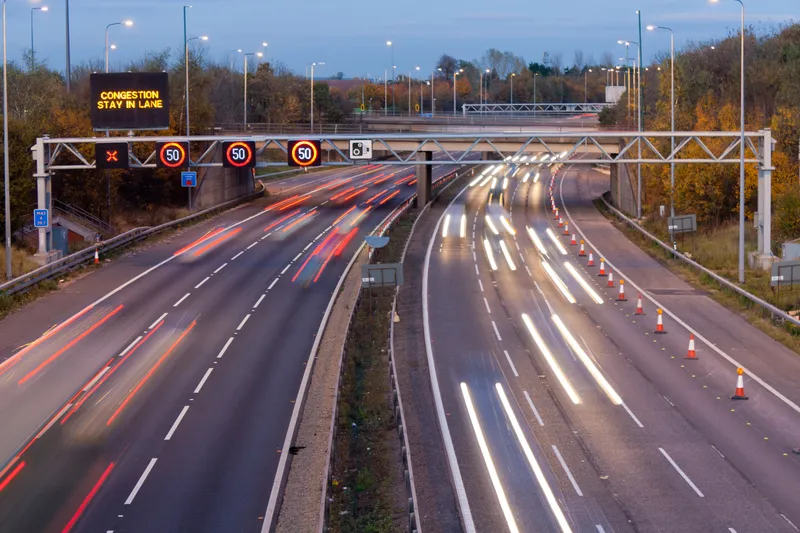The UK’s
The DfT is to analyse nearly 10,000 miles of road with the Local Council Roads Innovation Group (LCRIG) to understand where investment is needed. The council will use Gaist’s machine learning artificial intelligence technology to review close to 150 million high definition images.
Stu McInroy, chief executive of the Road Safety Markings Association, believes the study will provide “hard evidence” of the decline in road markings and the associated increase in road safety risk to the public.
“Government must stand ready to act on the findings of the LCRIG/Gaist study and provide to local authorities sufficient ring-fenced funding to reverse the decline in road markings so evident to the public,” he continues. “There will also be an obligation upon local authorities to make decisions not on the basis of cost, which usually means cheapest, but on obtaining the best value for money solutions for the tax payer.”
DfT to conduct UK road markings health check
The UK’s Department for Transport (DfT) has awarded £2 million to develop a national health-check of road markings.
The DfT is to analyse nearly 10,000 miles of road with the Local Council Roads Innovation Group (LCRIG) to understand where investment is needed. The council will use Gaist’s machine learning artificial intelligence technology to review close to 150 million high definition images.
Stu McInroy, chief executive of the Road Safety Markings Association, believes the study will provide “ha
August 1, 2019
Read time: 2 mins









